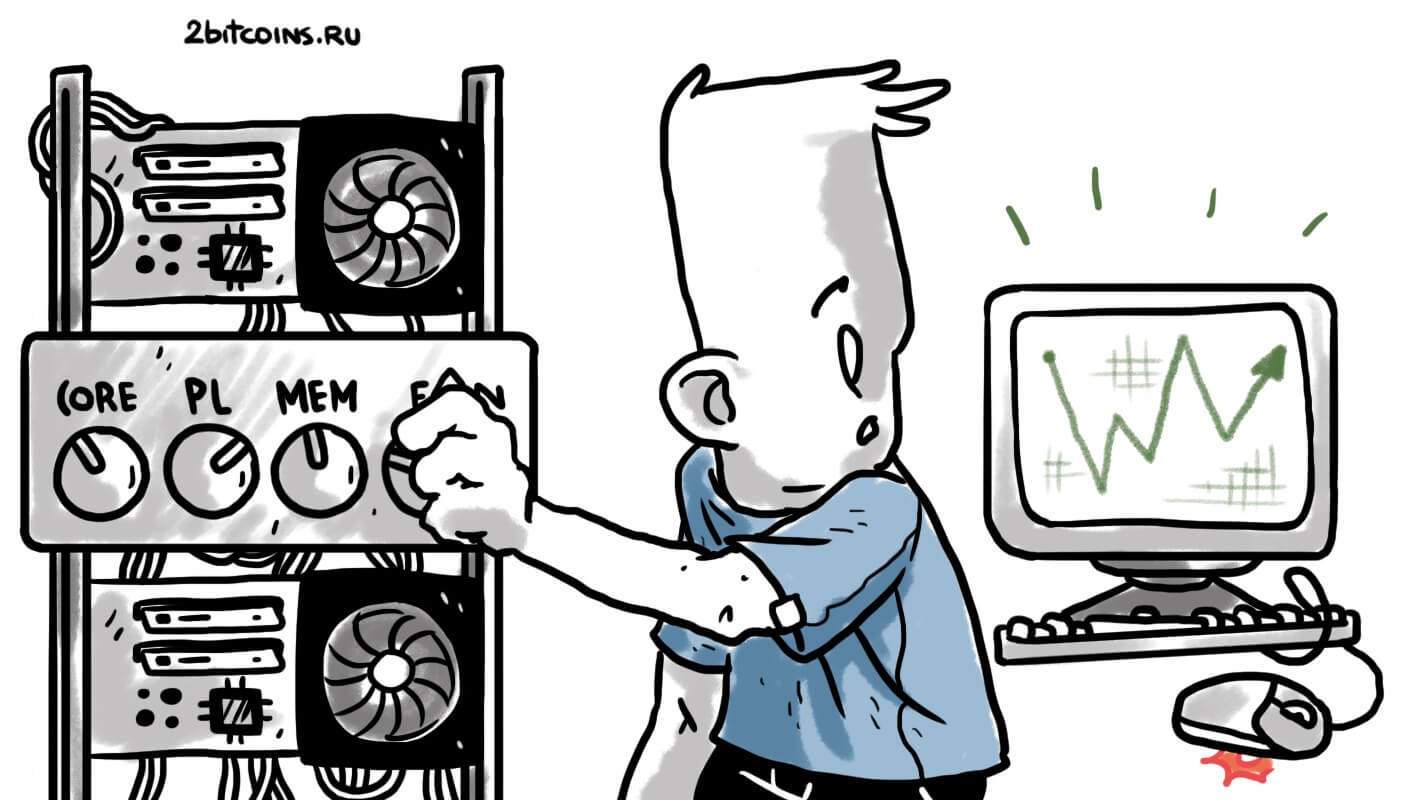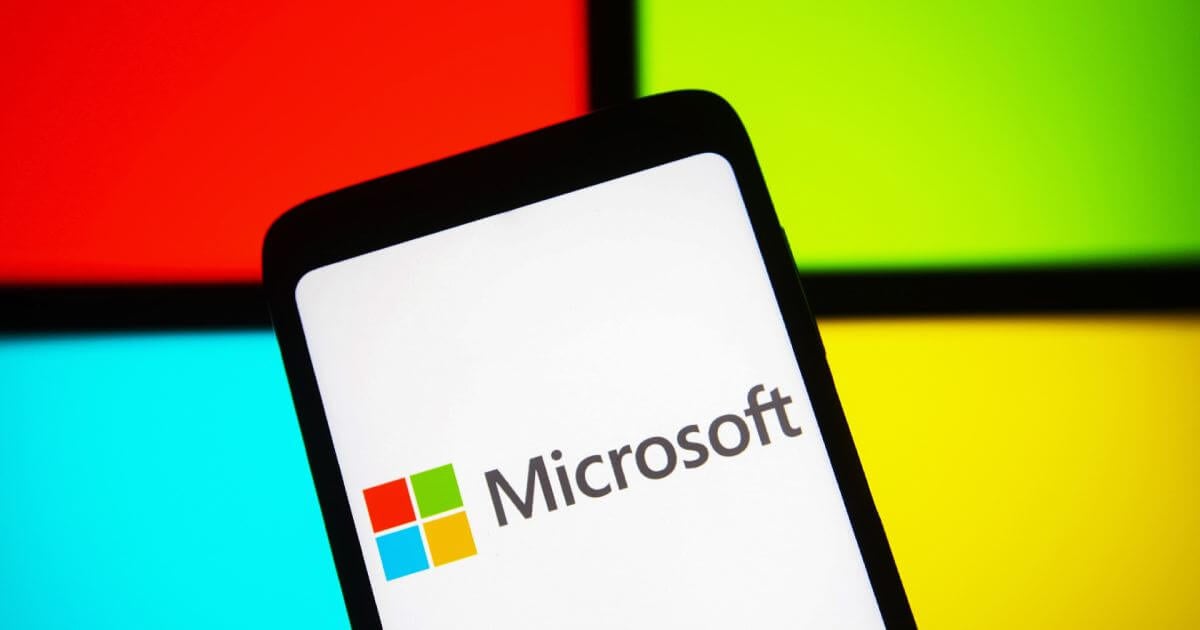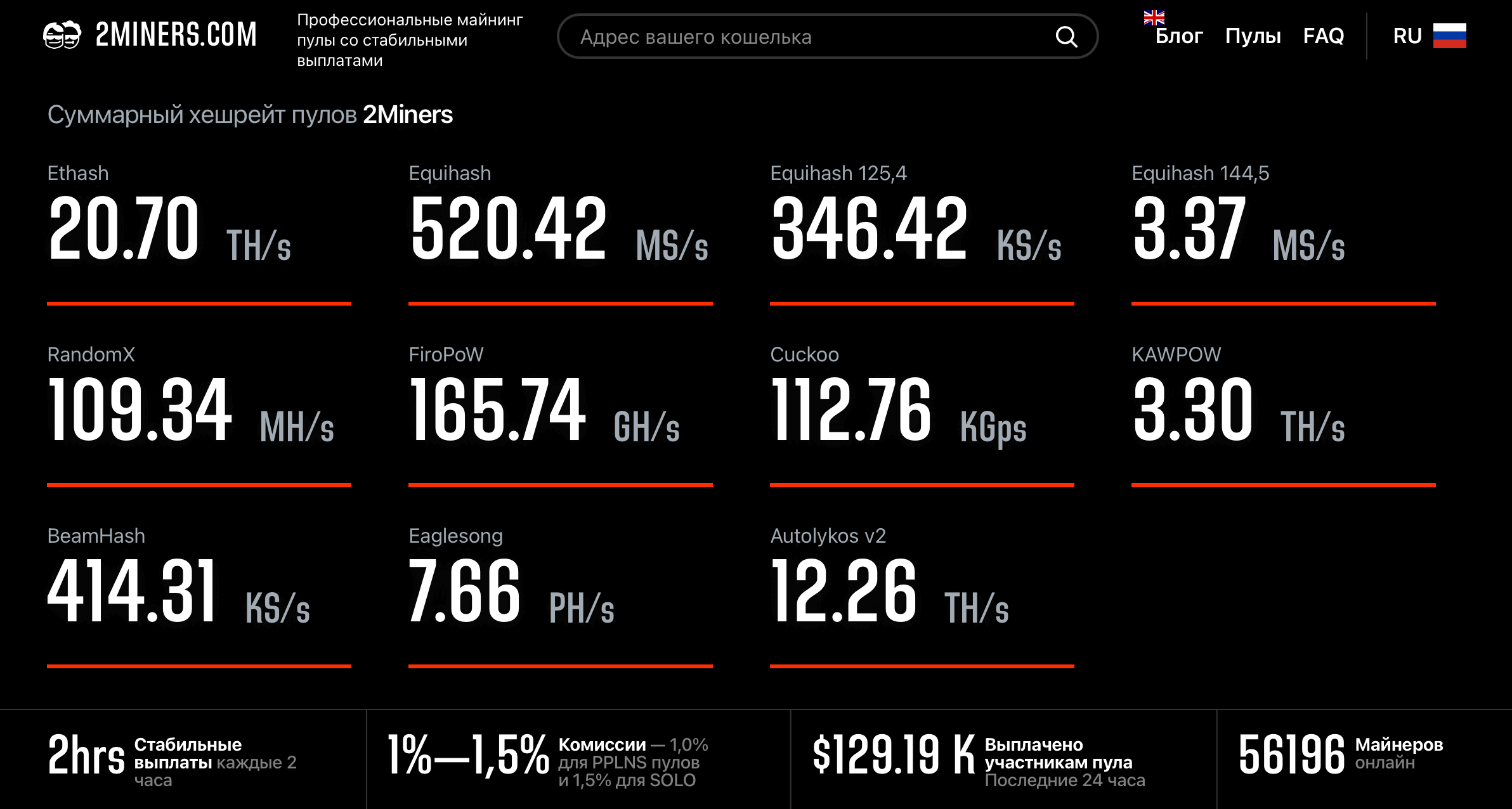Microsoft has banned cryptocurrency mining via its cloud services. What does this mean?
Microsoft is taking new measures to stabilise its cloud services. Without any announcement, the company has completely banned cryptocurrency mining on its platforms, with the new terms of use included in its universal licensing agreements. Overall, this is not the first incident in which various cloud services have closed their doors to those dealing in cryptocurrencies. We describe the situation in more detail.

It should be noted that not all technology giants impede the activity of cryptocurrency enthusiasts. For example, at the beginning of November, Google Cloud announced the launch of a validator on the Solana network. Accordingly, anyone can now launch a node on this cloud.

Announcement by Google Cloud of the launch of the validator on the Solana network
As a reminder, nodes are needed to validate what’s happening in the blockchain by the type of transactions being conducted and their validity, as well as user address balances, storage of blockchain state data and so on. This announcement from Google means a significant simplification of this procedure for fans of digital assets. And since it is now easier to launch a node, it means that blockchain security will now be at a higher level.
Who opposes cryptocurrency mining
As a reminder, cloud mining is an alternative method of acquiring crypto that allows you to mine digital assets without the use of hardware, relying on a remote data centre with shared processing power. According to research group Blockchain Council, cloud mining is one of the most profitable ways to mine cryptocurrencies because there is no need to support the cost of your own hardware.
In the “Acceptable Use Policy” section of its licensing agreement, Microsoft clarified that users must now obtain written prior permission from its representatives before using any of the company’s online services for cryptocurrency mining purposes.
Microsoft Online Services is Microsoft's hosted software offering, which is a component of the company's software-as-a-service strategy. These services include Microsoft's Azure cloud computing network, which offers cryptocurrency mining with certain types of subscriptions.

Cryptocurrency mining
According to Cointelegraph sources, the restriction on cryptocurrency mining is aimed at protecting Microsoft’s online services from threats like cyber fraud, hacking and unauthorised access to customer resources. Here’s the relevant cue.
We’ve made this change to further protect our customers and reduce the risk of service disruption or degradation in the Microsoft Cloud.
Why such a change is needed now is unknown. However, such activity has not previously caused any complaints from the platform's representatives.

Microsoft
However, the company is not going to completely abandon crypto-mining – Microsoft may well allocate some resources to miners if it would be beneficial in terms of blockchain research or security.
Overall, the ban on cryptominers is not just due to some sort of company bias against the digital asset industry. Microsoft’s cloud computing systems have indeed experienced a noticeable capacity shortage in recent years due to persistent supply chain constraints. A notable number of Azure data centres will continue to operate at a limited capacity until at least early 2023.
The 2Miners mining pool has traditionally been able to mine popular cryptocurrencies under all conditions. It supports quite a few coins like Ethereum Classic, Ravencoin, Ergo and Ethereum PoW and many languages. The platform also allows you to mine in pool mode, that is, together with the rest of its members. Accordingly, even a single video card can be used to mine coins in this case.

2Miners mining pool home page
We believe that it is more profitable for cloud providers to support the development of the digital asset industry in any of its manifestations. Such a thing would be good for the reputation of companies, as well as their perception on the part of customers, who have already appreciated the benefits of cryptocurrencies, among other things. So here's hoping for a turnaround in the near future.
Don’t forget to subscribe to our millionaire cryptochat. There we will discuss other important developments related to the digital asset industry and decentralised finance in general.















